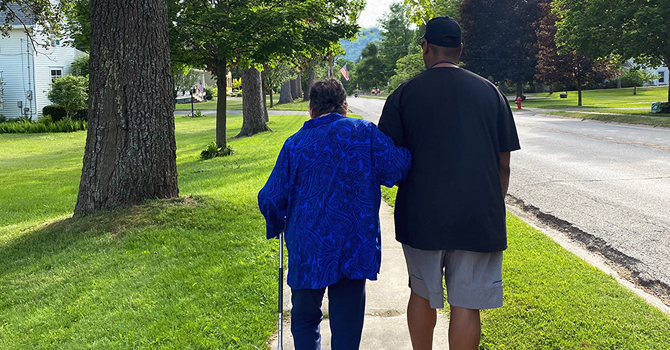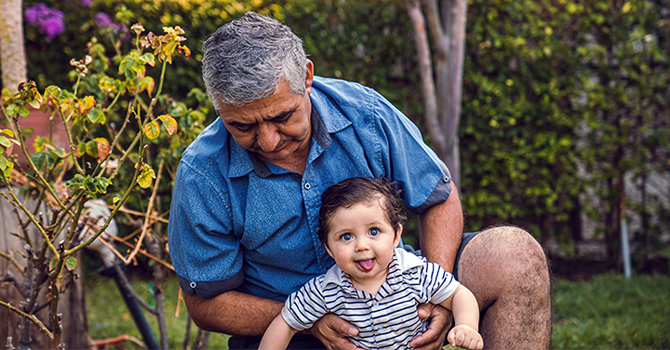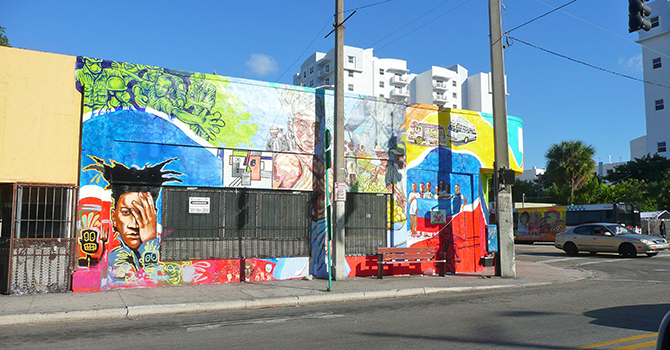
Online MPH Students Tackle Real COVID-19 Issues in the Virtual Classroom
MPH Students Reflect on COVID-19 Simulation Coursework
As the coronavirus pandemic swept across the nation, University of Michigan School of Public Health online master’s students in Population and Health Sciences had the unique opportunity to use what they’ve learned through coursework in a real-world public health simulation focused on controlling the coronavirus pandemic.





